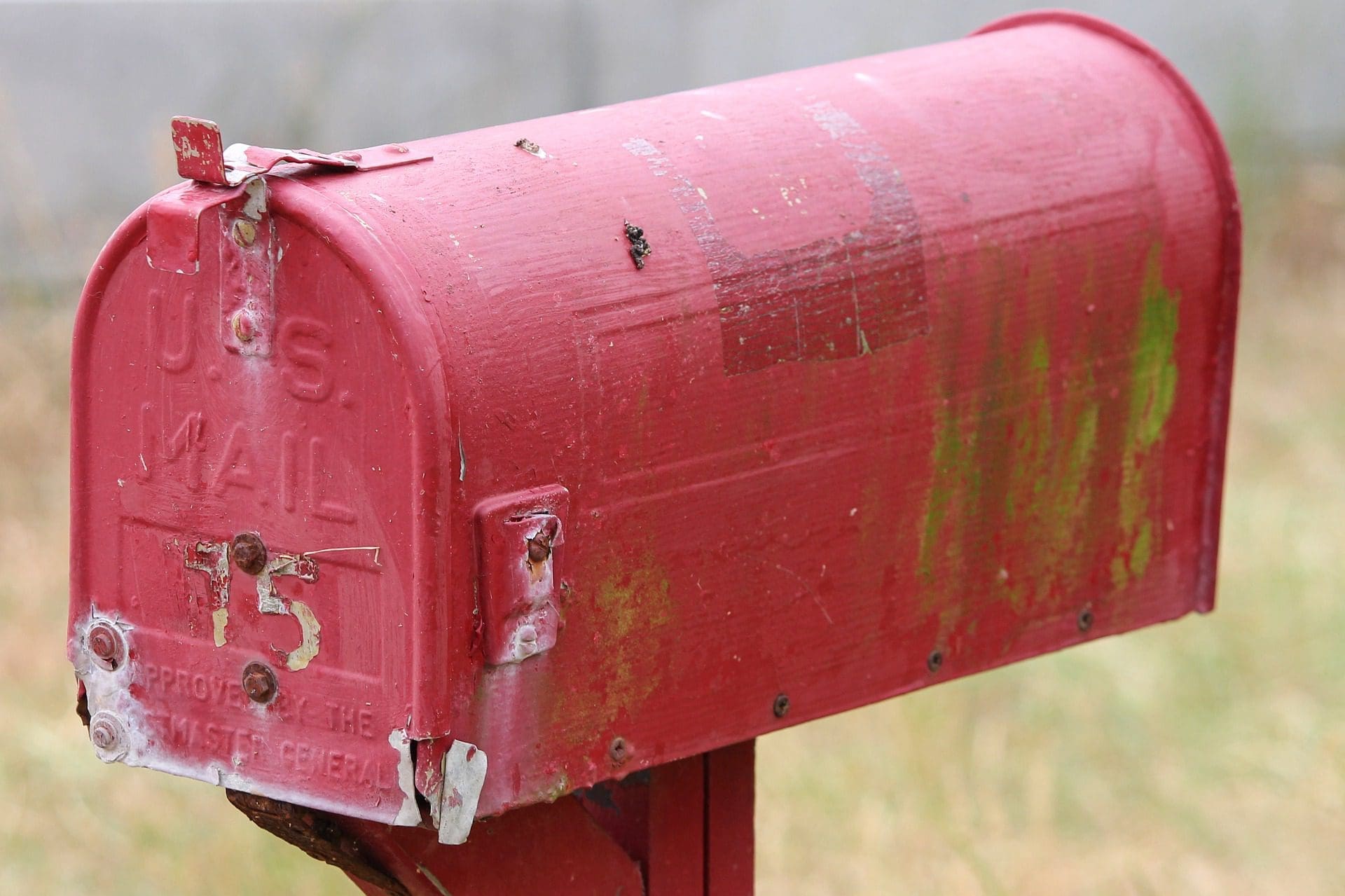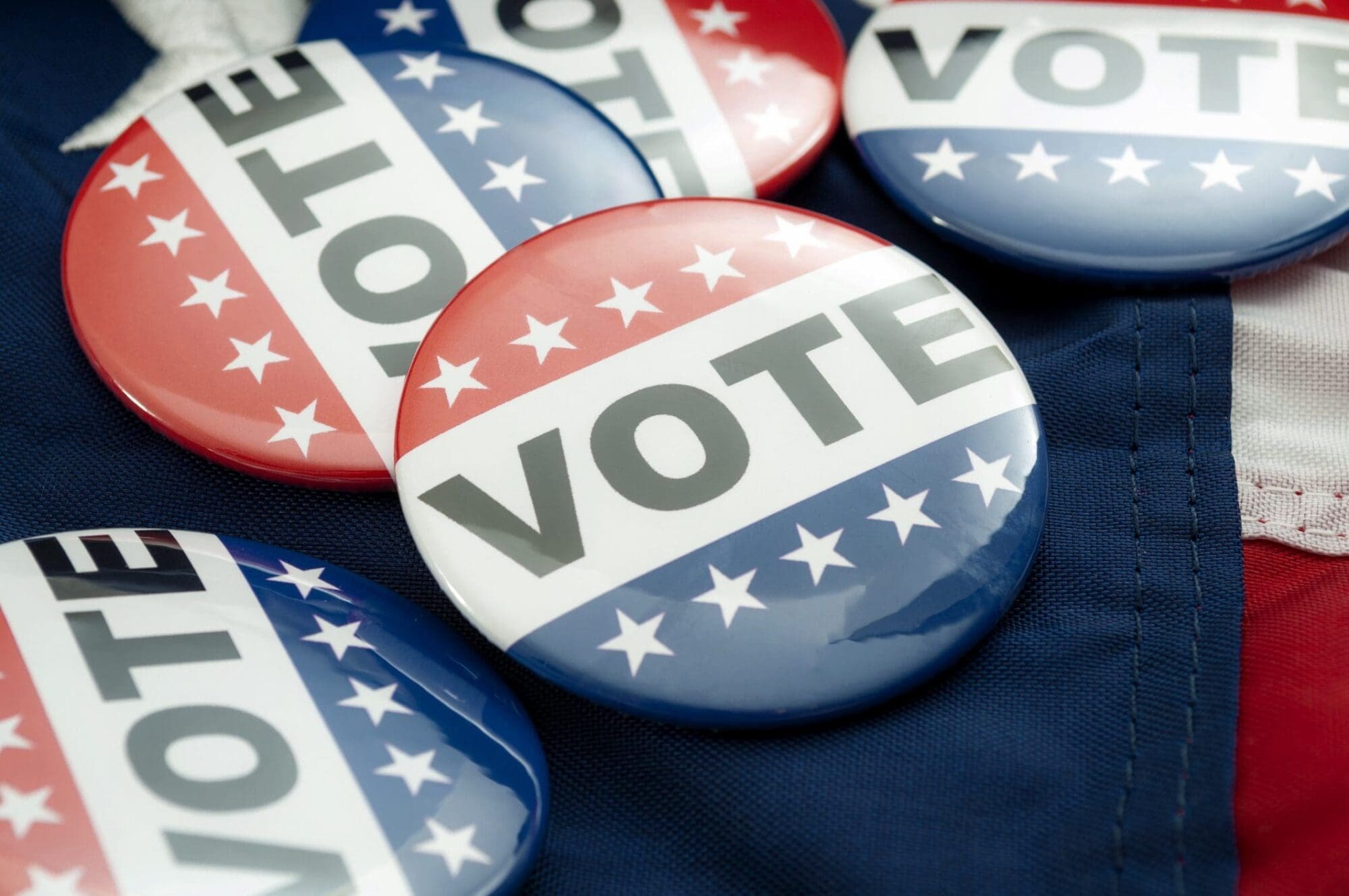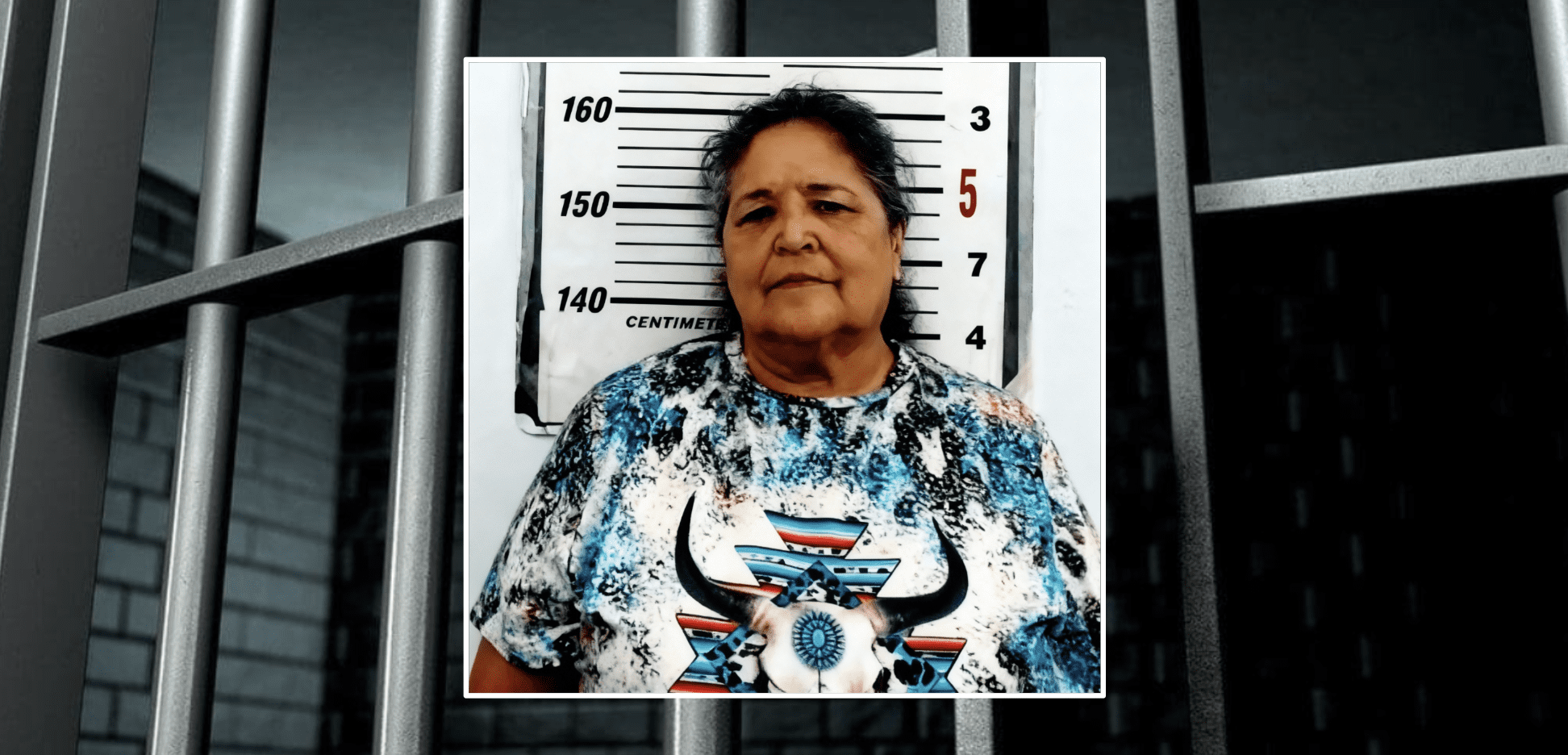UPDATED May 20.
As Democrats across the nation use fear of the Chinese coronavirus as a pretext to push for more mail-ballot voting, a process ripe for fraud, Texas is fighting back to preserve the state’s voting laws and election integrity.
Since March, the Texas Democrat Party has been pursuing two separate lawsuits targeting vote-by-mail limits set by the legislature—one in state court and one federal.
They aim to force county election officials to disregard state statutes and accept every mail-ballot application marked “disability” for the remainder of 2020, and possibly beyond.
The Texas lawsuits are part of a nationwide litigation strategy by Democrats using courts and the coronavirus crisis to push universal vote-by-mail and other election policies they sought well before COVID-19 emerged but weren’t able to win in state legislatures.
Under Texas law, only voters who are 65 or older, disabled, in jail, or outside their home county during an election are eligible to vote by mail.
Democrats argue fear of contracting the coronavirus at the polls should qualify all voters to claim they are disabled and request a mail ballot.
Texas Attorney General Ken Paxton, a Republican, maintains state election law does not allow voters to claim a disability on mail-ballot applications based on fears of contracting the virus, and said that “public officials shall not advise voters who lack a qualifying sickness or physical condition to vote by mail in response to COVID-19.”
Republicans are concerned because mail-ballot voting is inherently less secure than in-person voting. Votes cast by mail are far more vulnerable to fraud and abuse like ballot harvesting, voter intimidation, and tampering, as well as misdelivery by the postal service. They also worry election administrators may not be equipped to handle a massive increase in mail balloting.
“Protecting the integrity of elections is one of my most important and sacred obligations,” Paxton said on Friday. “The Legislature has carefully limited who may and may not vote by mail.”
Federal Lawsuit
On Friday, Paxton’s team was fighting Texas Democrats’ vote-by-mail expansion plan in federal court.
Democrats dropped their claims that enforcing current mail-ballot limits constitutes racial discrimination.
Instead, TDP attorney Chad Dunn argued that requiring in-person voting during the pandemic places an unconstitutional “undue burden” on voters and that there is no “rational basis” for the state’s age limit for using mail ballots—an argument for universal vote-by-mail, a policy goal of Texas Democrats that pre-dates the coronavirus.
Dunn said the disability declaration is an honor system that no one verifies—if voters check the “disability” box, their ballots are accepted—so it would be difficult to enforce against voters encouraged to misrepresent their status on ballot applications.
“What happens to voters who requested a mail ballot based on Judge Sulak’s ruling?” he asked.
He said county officials and voters have already been (improperly) following Sulak’s order, even though it was not legally in effect, and “every voter who has asked for a mail ballot has received one,” so it would be unfair to change that practice in the middle of an election cycle.
County election officials will begin sending mail-in ballots for the July 14 primary runoffs and special state senate election as early as May 30. Eligible voters may submit annual mail-ballot applications at any time during the year and receive mail ballots for the rest of the calendar year.
Texas Assistant Attorney General Michael Abrams said state and local officials are taking “extraordinary measures” to make in-person voting safe.
Texas Gov. Greg Abbott expanded early voting days for the July 14 elections to prevent overcrowding of polling places, moving the start of in-person early voting to June 29, and the Texas Secretary of State’s office is preparing detailed recommendations for protecting the safety of voters and poll workers.
County election administrators have already begun implementing new safety measures: increasing training; providing plexiglass shields, face masks, and sanitizer; using cotton swabs to touch voting machines; and hiring additional election workers to prepare for increased curbside voting.
“Evidence shows officials are discharging their duty to ensure safety,” Abrams said, adding the voters most susceptible to the coronavirus are already eligible to vote by mail.
Abrams also said it is up to the Texas Legislature and state courts to determine if the state’s voting laws are rational, arguing the federal court should abstain for now.
“Texas courts are by plaintiffs’ own design the ones who are handling this case, and they should rule before any constitutional issues are considered,” Abrams told U.S. District Judge Fred Biery, a Clinton appointee, referring to Democrats’ ongoing state lawsuit filed in Travis County.
“There is no perfect solution until this thing goes away,” Biery said, “and it’s not going away.”
Biery ruled late Tuesday in favor of the Democrats.
“We will seek immediate review by the 5th Circuit Court of Appeals,” Paxton said in a statement Tuesday night.
State Lawsuit
Texas Democrats first sought to expand mail-ballot voting in state court.
A week after the governor declared a public health disaster, Democrats sued Travis County Clerk Dana DeBeauvoir—a Democrat sympathetic to their cause—not because she was violating any election law, but to ask a state judge to order her to disregard state laws defining who is eligible to vote by mail.
(Uncertain of success with their state litigation, Texas Democrats later filed the federal lawsuit against Travis and Bexar counties as well as the state.)
In mid-April, Democrat District Court Judge Tim Sulak sided with the Texas Democrats, League of Women Voters, and other left-wing groups, ordering DeBeauvoir and all other county election officials in the state to accept mail-ballot applications from all voters who claim disability. The order went further, blocking any state officials from enforcing or even “issuing guidance” about state laws regarding mail-in ballots.
Sulak’s order was immediately stayed when Paxton appealed. Yet in the ensuing month, Democrat officials in several counties—including Harris, Dallas, and most recently Bexar—publicly signaled they would allow all voters to use mail ballots, creating confusion and a plausible defense to voter fraud, as voters must “knowingly” break the law to commit an election crime.
In response to “misreporting and public confusion” about the Democrats’ still-unresolved lawsuit, Paxton sent a letter on May 1 to all county judges and election officials explaining that fear of contracting the coronavirus is not a disability under Texas election code. Paxton warned officials could face criminal sanctions for misleading the public about vote-by-mail laws.
Soon after, Harris County Clerk Diane Trautman backed off plans to expand mail-ballot voting in the July 14 primary, and days later announced her resignation.
Paxton also asked the Texas Supreme Court last week to order county election officials in Cameron, Dallas, El Paso, Harris, and Travis counties to follow the state’s vote-by-mail laws.
In a setback for Texas on Thursday, a state appellate court lifted the stay of Judge Sulak’s order, meaning the state could no longer enforce vote-by-mail limits.
But by late Friday, the Texas Supreme Court granted Paxton’s request to again temporarily halt Democrats’ mail-ballot expansion, which he asked them to extend for the duration of the appeals process, and set a hearing for Wednesday on Paxton’s request for an order directing county election officials to stop misleading voters about who is eligible to vote by mail.
“The Travis County trial court’s decision to allow everyone to vote by mail is contrary to state law and will be reversed on appeal,” Paxton said Friday. “I am pleased that today the Texas Supreme Court confirmed that my office may continue to prosecute voter fraud and issue guidance on mail-in ballots while that appeal plays out.”
Paxton’s team will be back in state court Wednesday, continuing to fight attempts by the Texas Democrat Party and their allies on the left to litigate away voting safeguards enacted by the state legislature.
Texans can contact their state officials to weigh in on the issue.





